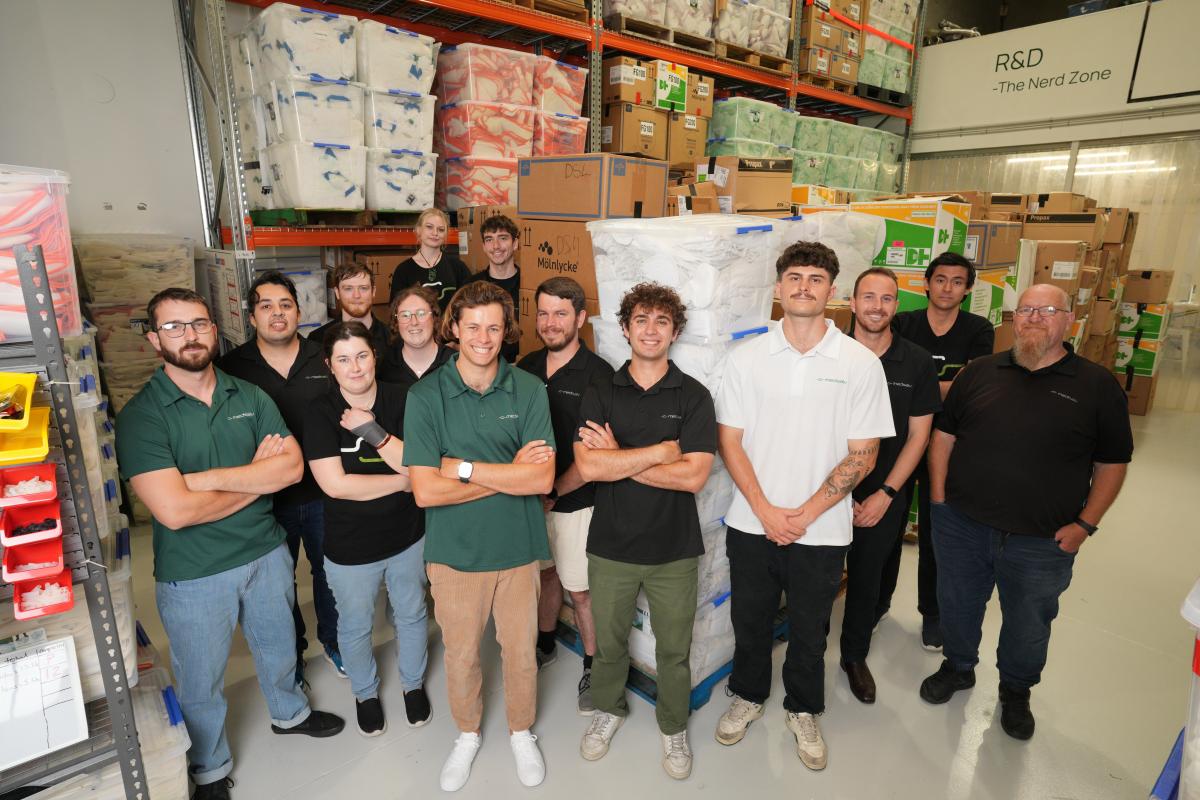Two thousand giant snails are living in fridges on the West Coast as an insurance policy for the Department of Conservation, which has spent hundreds of thousands of dollars on their care and restoring their environment-turned-coal mine.
The Department of Conservation (DOC) has managed this captive population of Powelliphanta augusta since 2006, when the former state mining company Solid Energy took over their habitat on the Mt Augustus ridgeline on the western side of the Stockton Plateau, near Westport.
Solid Energy collapsed in 2015, after falling coal prices left it unable to pay almost $400 million of debt.
Bathurst Resources now owns the mine, and the captive population of snails in DOC’s care is now just under 2000, kept in containers with leaf matter in a temperature-controlled room in Hokitika.
An Official Information Act request submitted by the Taxpayers’ Union shows DOC has spent more than $411,000 in the past four years on their housing and management, including staff costs.
But the Taxpayers’ Union’s investigations coordinator Rhys Hurley said this was a poor use of public money, and the scheme “shows the ridiculousness of the system”.
“It drains DOC funding away from other species, is unaccountable and offers little evidence of success,” he said.
But DOC’s principal advisor for biodiversity Hilary Aikman said those costs were “really reasonable”, and on-par with what the department would spend on any other critically endangered species.
She had just returned from a “very wet but fascinating trip” to Stockton this past week.
“The idea is that [the captive snails] provide us with an insurance population while we understand how they’ve adapted to the areas where they were released that were away from their original habitat,” Aikman said.
The snails’ original habitat had measured only 10 hectares, almost all of which had been converted into the mine.
The bits no longer in use were now being revegetated, with plants being brought in from nearby areas to try and recreate a habitat for these snails to be released into.
Some snails had survived in the wild and lived on around the mine, but up to 10,000 snails and eggs had been reintroduced to those areas from the captive population.
It was a slow process, Aikman said, as the species was slow to mature – some in captivity had reached up to 30-years-old.
“We are being somewhat cautious, making sure that they’re surviving before we let more out of captivity, but that is because they’re critically endangered, they’re as rare as the kākāpō, and they’re unique to New Zealand.”
Aikman said one of the benefits to having a captive population was the opportunity to learn more about the species.
Last month, DOC ranger Lisa Flanagan, who had been looking after the snails in Hokitika for more than 12 years, filmed an egg being laid – something that never would have captured in the wild.
Not all of the cost of the species’ survival had been shouldered by DOC.
“The majority of the money to keep the captive population going came as part of the permitting permissions for Solid Energy when they were first set up,” Aikman said.
“That was part of the agreement – if you remove the habitat, this is what we need to do.”
And most of the revegetation work was being undertaken by Bathurst, which now ran the mine.
“We feel that the costs we are spending on them, and we’ve spent a little bit more recently on supplementing some of the planting to help with the restoration, but we feel that those costs are really reasonable for a critically endangered species, and are quite in-line with what we spend on other critically endangered species.”
She said they had begun to limit the breeding of snails for which they already had plenty of genetic material, but allowing others with rarer traits to continue, to increase the diversity of the population.
According to the OIA, in 2023/24, $85,000 had been spent on a population genetics study to reveal the existing level of diversity.
Aikman said the goal was to release most, if not all of the snails over the next five years.










